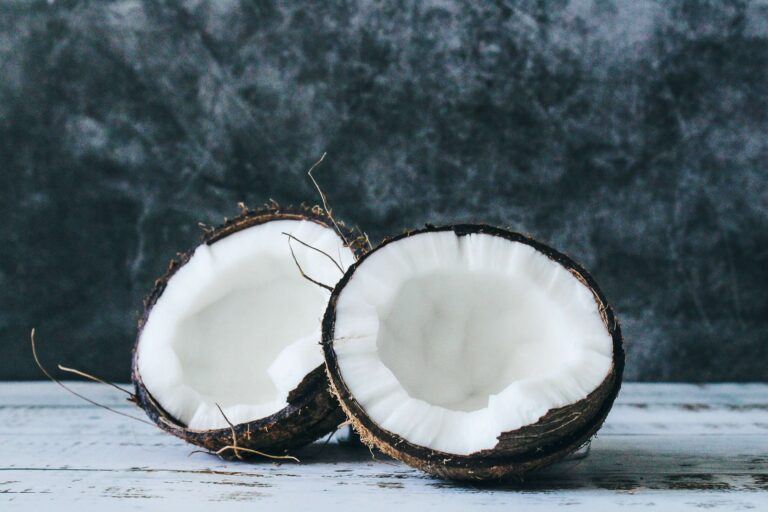From a Chinese medicine perspective, there is more than one way to categorize and diagnose different types of Colds and cases of Flu, based on your signs and symptoms. For example, some Colds may present with more heat-related symptoms like fever and swollen throat; whereas other Colds may present with more cold-related symptoms like chills and a drippy nose. There are some cases where symptoms blend together like alternating chills and fever; some cases present with a lot of mucus and phlegm, while others are more dry and hoarse. Some people experience big and severe symptoms whereas others may feel weak and run down. We also differentiate by affected body parts: some are more sinus-related, throat, chest, or digestive.
Common colds and influenza are viral infections that affect our respiratory system. Many times, we see patients taking antibiotics that treat bacterial infections, not viral infections. Overuse of antibiotics can deplete your healthy bacteria, making us less resistant to infections. Over the counter medications may dull out symptoms, but they won’t help your system fight it off. Chinese medicine can help reduce both the symptoms and the duration.
Acupuncture and Chinese herbs
The time to come in for a treatment is at the very first sign of not feeling well or a bit run down. Notice what your early red flags are when your immune system is feeling low. Common early symptoms may be:
- Slight chilliness
- Sniffly or a few sneezes
- Sensitivity to wind or drafts
- Feeling a little sweaty
- Scratchy throat
- Achy neck and shoulders
There is no “one-size fits all” approach to treatment. Depending on your signs and symptoms, your practitioner will use different acupuncture points and herbal formulas that are specific for your diagnosis.
Prevention
Prevention is key to warding off colds and flu. Wash your hands often with soap and water for at least 20 seconds each time. If soap and water are not readily available, use an alcohol-based hand sanitizer with at least 60% alcohol. Avoid touching your eyes, nose, and mouth when possible.
We have a concept in Chinese medicine called Wei Qi which is our outer defense system that protects us from pathogenic influences, like the invading viral infections. Which, if you think about it, kind of sounds like our immune system! If you’re someone who gets sick easily and often, it would be helpful to start treatment a season before flu-season to boost your immune system and strengthen your Wei Qi. One of our favorite formulas we use for this is called Yu Ping Feng San, which translates to “Guard Against The Wind” – think of wind as the carrier for airborne pathogens that affect our respiratory system. Wearing a scarf is a simple way of protecting the neck from the cold wind.
At-Home Relief
There are some dietary and lifestyle recommendations we like to give to our patients, which you can do at home:
- Get plenty of rest: increase the amount of sleep you get. Here’s a helpful blog on how to find your seasonal sleep rhythm.
- Keep warm: take a hot shower or epsom salt bath. Wear warm clothes and protect your neck with a scarf.
- Stay hydrated, drink warm liquids and tea: a seasonal favorite is warm water with a few sprigs of thyme, rosemary, and a squeeze of lemon. Thyme and rosemary both have antiviral and antibacterial properties, while lemon has a high content of immune system boosting Vitamin C.
- Soups and stews: chicken soup really is a wonderful meal for combating a cold, with electrolytes in the broth, acrid onions to produce a light sweat, and chicken for nourishing Qi. Here is a lovely recipe that incorporates Chinese herbs, as well.
- Sooth your throat: elderberry lozenges can help to soothe the throat; here is a recipe for homemade elderberry syrup.
- De-stress: when we catch ourselves overthinking or worrying too much it can undermine our health. To learn more about relaxation, we have a meditation blog for you to read.
Find a good Vitamin or Probiotic
Try to boost your immune system before flu season hits with supplements. Here are some of our favorites and how they can help:
- Vitamin B Complex, which is a combination of B vitamins that strengthen mitochondria, our cellular power packs.
- Vitamin C, which helps boost your defense and helps destroy any bad bugs.
- Vitamin D, which turns on immune responses throughout our body.
- Vitamin E Complex, which is a powerful anti-oxidant which means it stops chemical reactions in the body that can damage cells.
- A trusted Probiotic, which helps to regulate immune-response reactions such as allergies, asthma, and viral infections.
- Zinc, which helps develop and improve the cells that make up your immune system.

Support
Lastly, support each other! Think about how we can support our most vulnerable population. As with any infection, those with underlying conditions (the elderly, immunocompromised folks, or people with respiratory disorders) may be more susceptible to catching viruses. We want to make sure they are being taken care of when they need some assistance.






